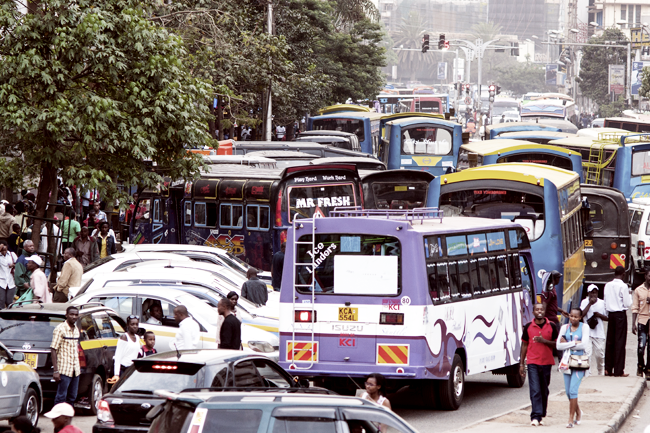Nairobi’s notorious traffic jams cost the city up to US$500 000 in economic losses every day. Apart from the time wastage, city planners warn that if cars continue to fill the Kenyan capital’s roads at the present rate without an appropriate upgrade to infrastructure, by 2030 the average driving speed will be halved to just 20 kph.
To prevent this from happening, the University of Nairobi – through its innovative hub Computing for Development Laboratory (C4DLab) – has started a bicycle-sharing initiative said to be Africa’s first. A C4DLab study reveals that just 4% of Nairobi’s commuters currently use bicycles, while up to 40% would prefer it as an alternative means of transport if the appropriate infrastructure was put in place.
According to an AFKInsider report, bicycles will be located near public transport stations where riders can use them for short trips and then return them to designated depots. To make use of the service, Kenyans will need to pay an annual subscription fee of KSh1 000 – which covers number plates, alarm systems with location-sensing capabilities, as well as colours and reflectors for both identification and to curb theft.


